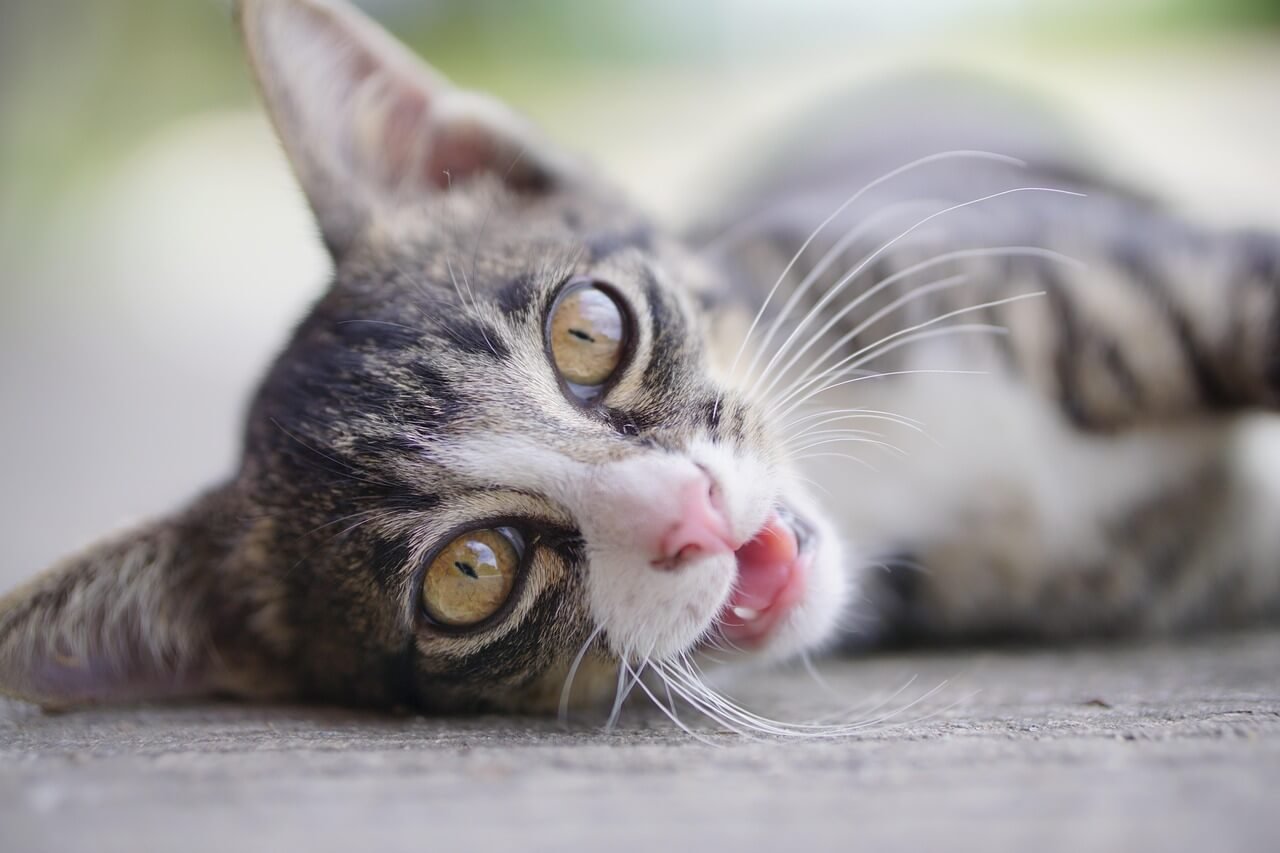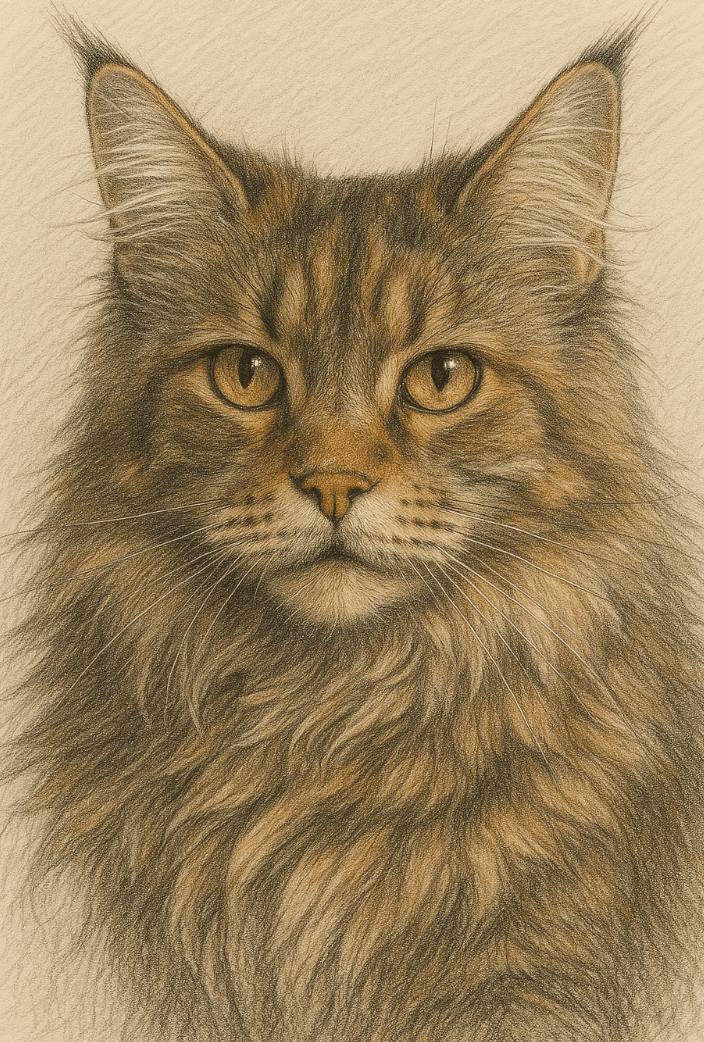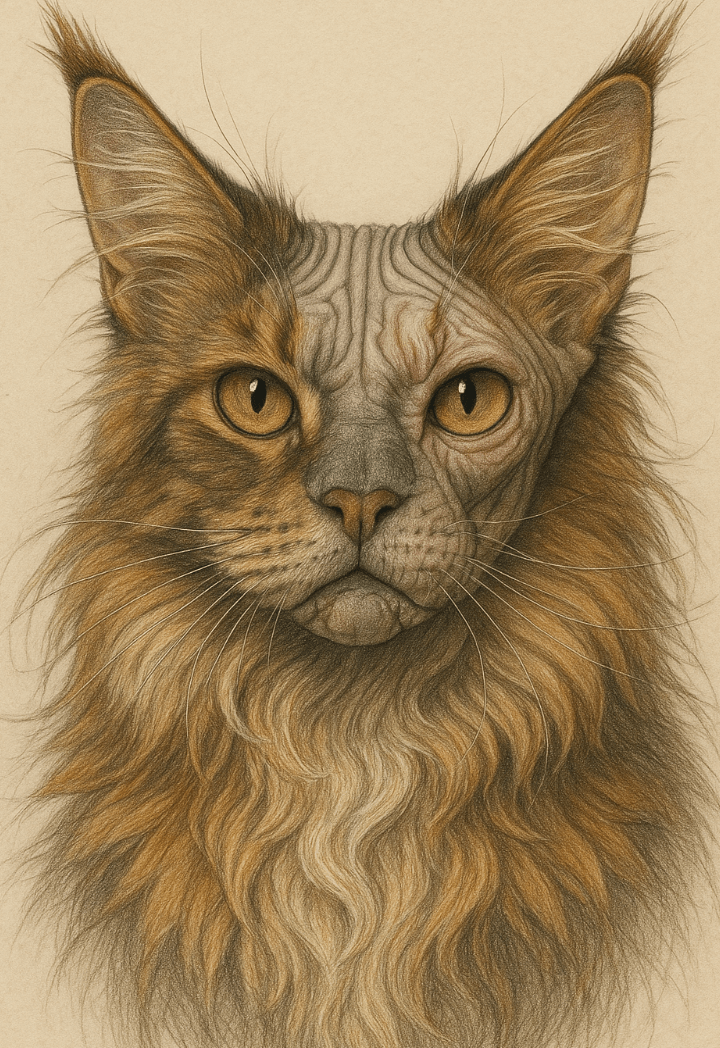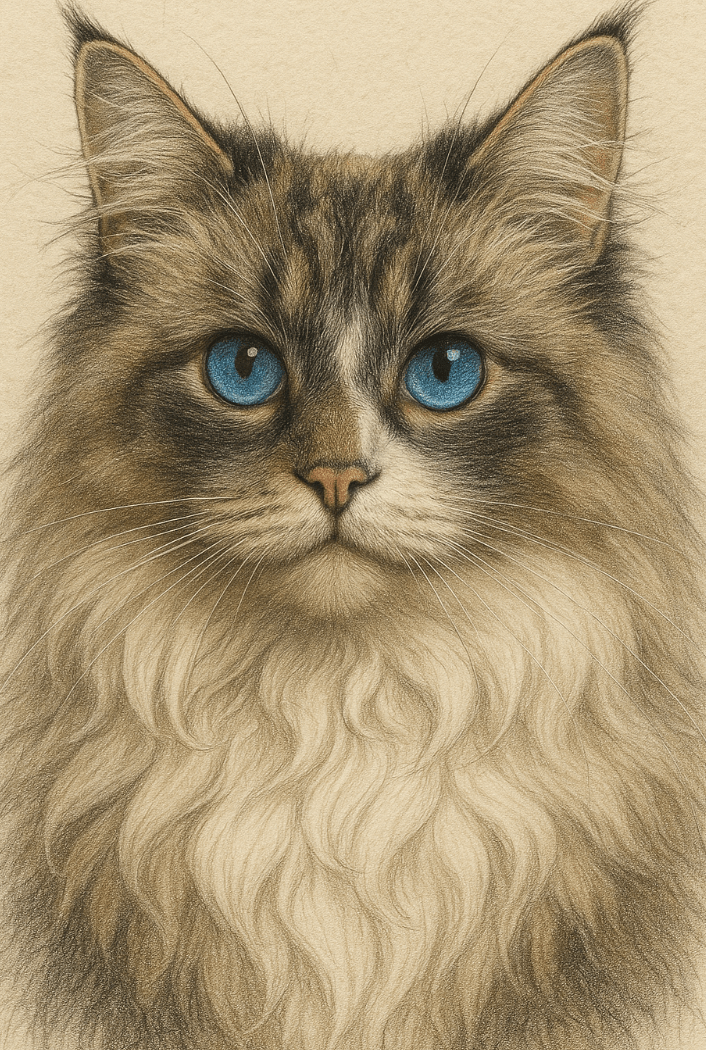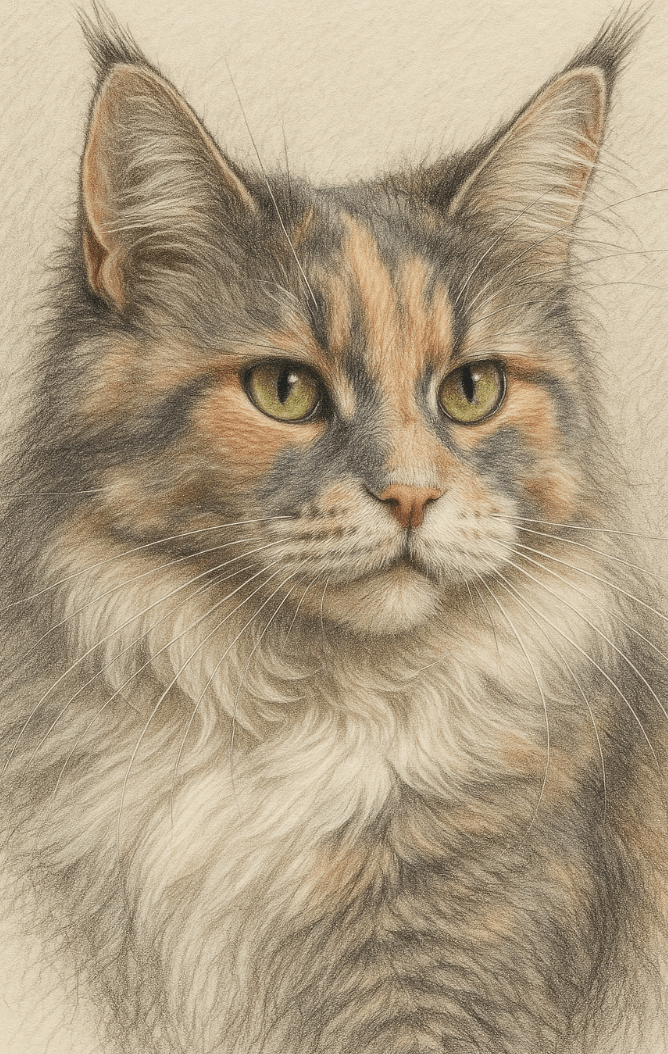Understanding Cat Proctitis: Causes, Symptoms, and Care
Proctitis in cats—while not a commonly discussed condition—is an important health issue that can significantly impact your feline friend’s comfort and well-being. Proctitis refers to inflammation of the rectum, which can cause discomfort, pain, and changes in bowel habits. This condition may arise from various causes, including infections, dietary issues, or underlying medical conditions. Recognizing the signs early and seeking appropriate care is essential for managing cat proctitis effectively. In this blog post, we’ll explore what proctitis is, its potential causes, how to identify it, and the steps you can take to help your cat recover. Let’s dive into the details and ensure your furry companion stays happy and healthy.
Common Causes of Proctitis in Cats
Proctitis in cats can stem from a variety of factors, and understanding these causes is crucial for effective treatment. Here are some of the most common reasons behind this condition:
Parasitic Infections
Intestinal parasites like worms or protozoa can irritate the rectal lining, leading to inflammation.Bacterial or Viral Infections
Infections such as feline panleukopenia or bacterial overgrowth can contribute to rectal inflammation.Dietary Issues
Food allergies, sudden diet changes, or ingestion of foreign objects can irritate the digestive tract.Trauma or Injury
Physical trauma, such as from passing hard stools or rough grooming, can inflame the rectal area.Underlying Diseases
Conditions like inflammatory bowel disease (IBD) or cancer may predispose cats to proctitis.
Identifying the root cause is key to addressing proctitis effectively. A veterinarian can help pinpoint the exact trigger and recommend appropriate treatment.
Symptoms of Proctitis in Cats
Recognizing the symptoms of proctitis early can make a significant difference in your cat’s recovery. Here are some common signs to watch for:
Straining During Bowel Movements
Cats with proctitis often strain excessively while trying to defecate, even if they pass small amounts of stool.Frequent Licking of the Rear End
Excessive grooming around the anus is a sign of discomfort or irritation.Blood or Mucus in Stool
The presence of blood or mucus during bowel movements indicates rectal inflammation.Diarrhea or Constipation
Changes in bowel habits, such as loose stools or difficulty passing stool, are common symptoms.Lethargy or Loss of Appetite
General signs of illness, like decreased energy or appetite, may accompany proctitis.
If you notice any of these symptoms, consult your veterinarian promptly. Early diagnosis and treatment can prevent complications and improve your cat’s quality of life.
Check this guide 👉Understanding Hyperthyroidism in Cats: Best 7 Expert Tips!
Check this guide 👉Understanding Osteosarcoma in Cats: Best 7 Expert Tips!
Check this guide 👉Understanding Pulmonary Edema in Cats: Best 7 Expert Tips!
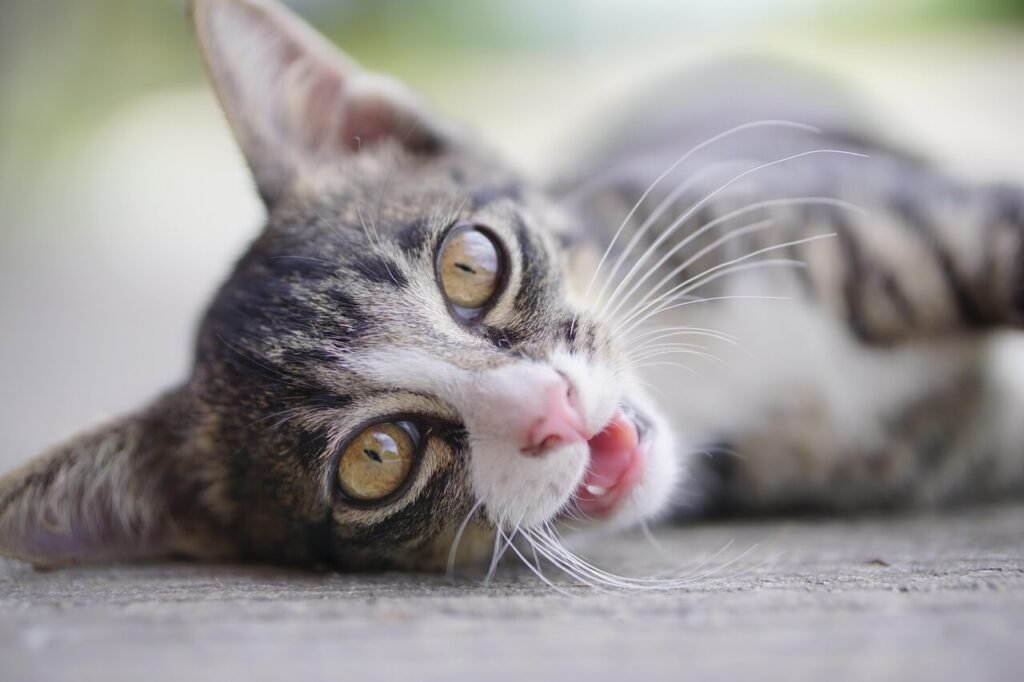
Symptoms of Cat Proctitis | Possible Causes |
|---|---|
Straining during bowel movements | Parasitic infections or constipation |
Blood or mucus in stool | Bacterial infections or trauma |
Excessive licking of the rear end | Irritation or allergic reactions |
Diarrhea or constipation | Dietary issues or IBD |
Lethargy and loss of appetite | Underlying diseases or severe discomfort |
Treatment Options for Cat Proctitis
Treating proctitis in cats depends on identifying and addressing the underlying cause. Here are some common approaches veterinarians may recommend:
Antiparasitic Medications
If parasites are the cause, deworming treatments can eliminate the infection and reduce inflammation.Antibiotics or Antivirals
For bacterial or viral infections, medications may be prescribed to target the specific pathogen.Dietary Adjustments
Switching to a hypoallergenic or easily digestible diet can help soothe the digestive tract.Anti-Inflammatory Drugs
Medications like corticosteroids may be used to reduce inflammation and alleviate discomfort.Hydration Support
Ensuring your cat stays hydrated can aid in recovery, especially if diarrhea is present.
Each treatment plan should be tailored to your cat’s specific needs. Always follow your veterinarian’s guidance to ensure the best possible outcome.
Tips for Preventing Proctitis in Cats
Prevention plays a vital role in maintaining your cat’s digestive health and reducing the risk of proctitis. Here are some practical tips to keep your feline companion healthy:
Regular Deworming
Schedule routine deworming treatments to prevent parasitic infections that can lead to proctitis.Balanced Diet
Provide a high-quality, balanced diet to support your cat’s digestive system and immune function.Monitor Bowel Movements
Keep an eye on your cat’s stool consistency and frequency to catch issues early.Avoid Sudden Diet Changes
Gradually transition to new foods to prevent digestive upset and irritation.Minimize Stress
Stress can impact your cat’s immune system and digestive health, so create a calm and stable environment.
By following these preventive measures, you can reduce the likelihood of proctitis and ensure your cat remains comfortable and healthy.
Common Misconceptions About Cat Proctitis
There are several misconceptions about proctitis in cats that can lead to confusion or delayed treatment. Clearing up these myths can help cat owners better understand and address the condition. Here are some common misconceptions and the truth behind them:
Myth: Proctitis is always caused by parasites.
While parasites can cause proctitis, other factors like infections, dietary issues, or trauma may also be responsible.Myth: Blood in stool is always a sign of cancer.
Blood in stool can result from many conditions, including proctitis, and doesn’t necessarily indicate cancer.Myth: Proctitis only affects older cats.
Cats of any age can develop proctitis, though certain underlying conditions may be more common in older cats.Myth: Over-the-counter medications are safe for treating proctitis.
Using medications without veterinary guidance can worsen the condition or mask underlying issues.Myth: Proctitis will resolve on its own without treatment.
Without proper care, proctitis can persist or lead to complications, so professional treatment is essential.
Understanding these facts ensures you approach proctitis with accurate knowledge and seek appropriate care for your cat.
Fun Facts About Feline Digestive Health
The digestive system of cats is fascinating and plays a crucial role in their overall health. Here are some fun facts about feline digestion and how it relates to conditions like proctitis:
Cats Are Obligate Carnivores
Their digestive systems are designed to process animal-based proteins, making diet a critical factor in their gut health.Short Digestive Tracts
Cats have shorter digestive tracts compared to humans, which means they process food quickly but are prone to irritation from poor diets.Sensitive to Dietary Changes
Even small changes in food can disrupt their digestive balance, potentially leading to conditions like proctitis.Grooming Habits Impact Digestion
Excessive grooming can introduce hair into the digestive tract, causing blockages or irritation.Microbiome Matters
A healthy gut microbiome is essential for digestion and immune function, and imbalances can contribute to inflammation.
These fun facts highlight the importance of maintaining your cat’s digestive health to prevent issues like proctitis. A well-balanced diet and regular vet check-ups are key to keeping their digestive system in top shape.
Tips for Comforting a Cat with Proctitis
If your cat is suffering from proctitis, providing comfort and support can make a big difference in their recovery process. Here are some tips to help soothe your feline friend:
Create a Quiet Space
Provide a calm and quiet area where your cat can rest without stress or disturbances.Offer Soft Bedding
Soft, clean bedding can reduce discomfort and irritation around their rear end.Keep the Area Clean
Gently clean the rectal area with a damp cloth to prevent further irritation or infection.Encourage Hydration
Ensure your cat has access to fresh water to stay hydrated and support digestive health.Use Pain Relief (with Vet Approval)
If recommended by your vet, pain relief medications or supplements can help alleviate discomfort.
By taking these steps, you can help your cat feel more comfortable while they recover. Always consult your veterinarian before introducing new treatments or changes to your cat’s routine.
Frequently Asked Questions About Cat Proctitis
What is proctitis in cats?
Proctitis refers to inflammation of the rectum, causing discomfort and changes in bowel habits.
Can proctitis be cured in cats?
Yes, proctitis can often be resolved with proper diagnosis and treatment of the underlying cause.
How can I tell if my cat has proctitis?
Look for symptoms like straining during bowel movements, blood or mucus in stool, and excessive licking of the rear end.
Is proctitis painful for cats?
Yes, proctitis can cause pain and discomfort, especially during bowel movements.
Can diet changes help manage proctitis?
Yes, switching to a hypoallergenic or easily digestible diet can reduce irritation and support recovery.
Supporting Your Cat Through Proctitis
Proctitis in cats can be a challenging condition, but with prompt veterinary care and attentive management, your feline friend can recover comfortably. By understanding the causes, recognizing the symptoms, and following through with appropriate treatment, you can help your cat regain their health and happiness. Prevention is equally important, and taking proactive steps like regular deworming, providing a balanced diet, and minimizing stress can go a long way in protecting your cat’s digestive system. Remember, your love and dedication are the foundation of your cat’s well-being. With patience and care, you can ensure your furry companion enjoys a long, healthy, and comfortable life.
Do Maine Coon Cats Shed? Best 7 Expert Tips! Discover expert advice on managing shedding, grooming routines, and keeping your Maine Coon's coat healthy and your home fur-free.
Maine Coon Sphynx Cat: Best 7 Expert Tips! Discover expert advice on care, grooming, and living with this unique hybrid for a happy and healthy feline companion.
Maine Coon Ragdoll Cat Mix: Best 7 Expert Tips! Discover expert advice on care, grooming, and living with this affectionate hybrid for a happy and healthy feline companion.
Diluted Calico Maine Coon: Best 7 Expert Tips! Discover expert advice on care, temperament, and living with this unique feline for a happy and healthy companion.

